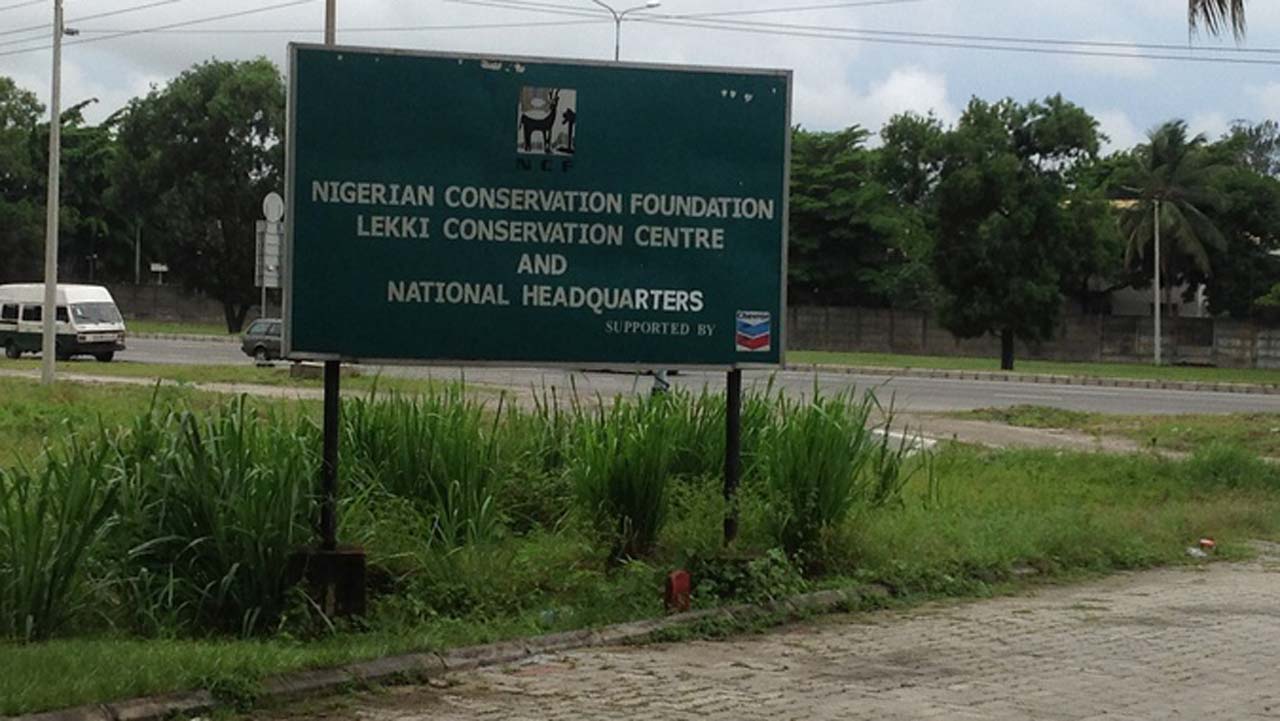To ensure that Nigeria meets its climate change commitment, the Nigerian Conservation Foundation (NCF) and the Central Bank of Nigeria (CBN) have charged banks and other businesses to adopt sustainability principles in their operations.
They observed that while funding remains a challenge to implementing sustainability principles, innovative solution strategies must be deployed to engender a livable environment for the present and future generations.
Although compliance with Nigerian Sustainable Banking Principles (NSBPs) by banks is voluntary, operators are expected to implement it as part of efforts to meet the Nigerian net zero commitment.
Speaking at a two-day workshop on ‘Assessment of Environment and Social Principles of the Nigerian Sustainable Banking Principles: Challenges and Opportunities organised by the NCF and World Wildlife Fund (WWF), NCF Director General, Dr Joseph Onoja, said there was a need to re-examine how NSBPs has fared over the past 10 years, the gaps/challenges and opportunities, as well as how the foundation will be able to provide the needed support in terms of expertise.
He noted that some banks have made progress regarding halting certain projects that would have been environmentally destructive, adding that the environment must be protected despite the fact that companies want to make profits.
According to him, the ‘Green Recovery Nigeria’ project is a way of establishing some of the objectives of NSBPs.
The Special Adviser to CBN Governor, Dr. Aisha Mahmood, pointed out that over a decade of implementation of the principles has led to banks redefining their long-term mission and corporate goals, re-evaluation of bank’s portfolio by assessing all direct and indirect environmental and social impacts of financial services provided by banks to clients.
According to her, the principles ensure the retooling of sustainable lending and investment to comply with regulatory expectations, harness significant growth opportunities, foster innovative opportunities in renewable energy and redefinition risks.
She said Apex bank is currently reviewing the NSBPs in line with the various frameworks, principles, guidelines and issues that exist in the country and globally.
On Nigeria’s race to net zero emission, Mahmood, explained that the challenge will be funding as the country will need over $400 billion, mainly to build electricity generation, transmission and distribution infrastructure to reduce dependence on fossil fuels. Gas, she said will play a role in the transition.
The Managing Director/ Chief Executive Officer, Access Bank, Mr. Roosevelt Ogbonna, represented by the Head of Sustainability, Omobolanle Victor-Laniyan, said the banking sector has over the years begun to pay closer attention to environmental and social sustainability in its operations and projects it finances in line with global trends.
He said: “ The principles help to embrace a low carbon economy, reducing wastes, more sensitive to environmental and social challenges and providing innovative solutions to address challenges. All banks in Nigeria now have sustainability functions, dedicated to overseeing the implementation of sustainability in various institutions. There is board oversight in the banks for sustainability implementation. We are in an era of change and sustainability is the right tool to reshape our business strategies and global sustainable development agenda. There is a need for more collaboration, implementation of sustainability initiatives and ranking of the NSBPs at a matured stage by the Sustainable Banking and Finance Network (SBFN).”
Ogbonna, also stressed the need for continuous stakeholder engagement, capacity building, resource allocation and proactive sustainability strategies to achieve the objectives of the NSBPs.

